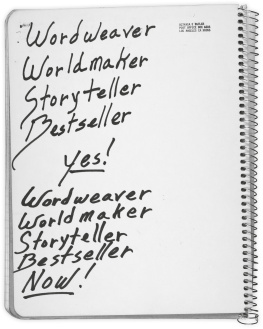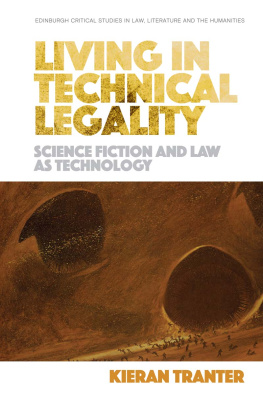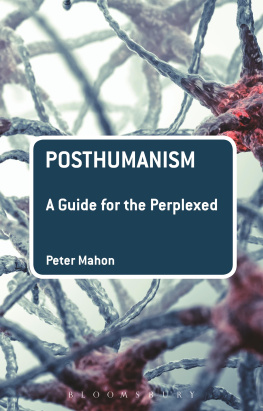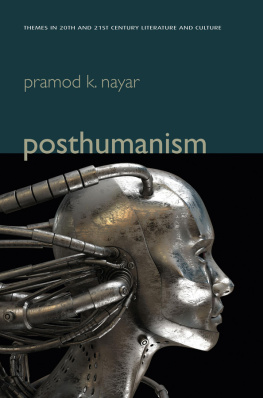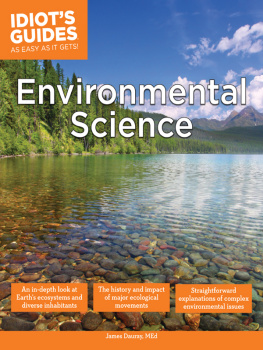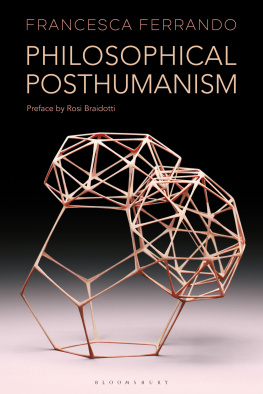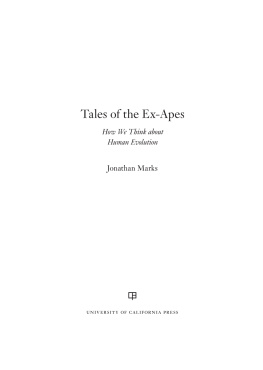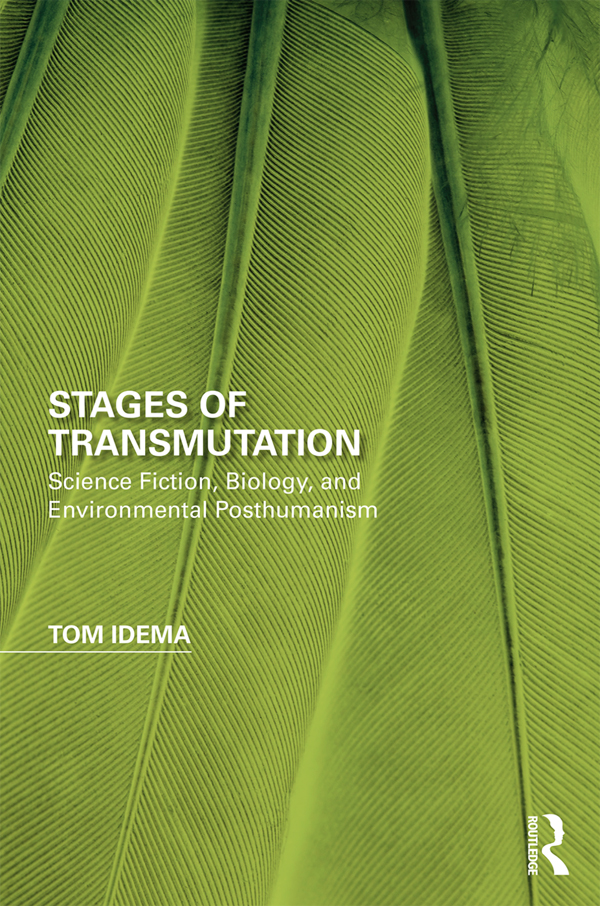Contents
Stages of Transmutation
Stages of Transmutation: Science Fiction, Biology, and Environmental Posthumanism develops the theoretical perspective of environmental posthumanism through analyses of acclaimed science fiction novels by Greg Bear, Octavia Butler, Kim Stanley Robinson, and Jeff VanderMeer, in which the human species suddenly transforms in response to new or changing environments. Narrating dramatic ecological events of human-to-nonhuman encounter, invasion, and transmutation, these novels allow the reader to understand the planet as an unstable stage for evolution and the human body as a home for bacteria and viruses. Idema argues that by drawing tension from biological theories of interaction and emergence (e.g. symbiogenesis, epigenetics), these works unsettle conventional relations among characters, technologies, story-worlds, and emplotment, refiguring the psychosocial work of the novel as always already biophysical. Problematizing a desire to compartmentalize and control life as the property of human subjects, these novels imagine life as an environmentally mediated, staged event that enlists human and nonhuman actors. Idema demonstrates how literary narratives of transmutation render biological lessons of environmental instability and ecological interdependence both meaningful and urgenta vital task in a time of mass extinction, hyperpollution, and climate change. This volume is an important intervention for scholars of the environmental humanities, posthumanism, literature and science, and science and technology studies.
Tom Idema is a lecturer in the Department of Comparative Literature at Utrecht University, working at the intersections of literary studies, environmental humanities, and science and technology studies. His work has appeared in edited volumes and journals including Frame, Configurations, Bulletin of Science, Technology and Society, Biosocieties, and Ecozon@.
Perspectives on the Non-Human in Literature and Culture
Series Editor: Karen Raber, University of Mississippi, USA
Literary and cultural criticism has ventured into a brave new world in recent decades: posthumanism, ecocriticism, critical animal studies, Object-Oriented Ontology, the new vitalism, Actor-Network Theory, and other related approaches have transformed the critical environment, reinvigorating our encounters with familiar texts, and inviting us to take note of new or neglected ones. A vast array of non-human creatures, things, and forces are now emerging as important agents in their own right. Inspired by human concern for an ailing planet, ecocriticism has grappled with the question of how important works of art can be to the preservation of something we have traditionally called nature. Yet literatures capacity to take us on unexpected journeys through the networks of affiliation and affinity we share with the earth on which we dwelland without which we dieand to confront us with the drama of our common struggle to survive and thrive has not diminished in the face of what Lyn White Jr. called our ecological crisis. Animals have crept, slithered, trotted, swum and flown away from their customary function as metaphors, emblems or analogies; now they populate critical analysis in increasingly complex ways, always in tension with our sense of what it means to be human, or whether it is even possible to claim such a category of life exists. Posthumanism, which often shares terrain with ecocriticism and animal studies, has further complicated our conception of the cosmos by dethroning the individual subject and dismantling the comfortable categories through which we have interpreted our existence: we find our selves colonized by microbial beings, occupied and enhanced by mechanical inventions and contraptions, traversed by invisible forces from atmospheric changes to radiation, made vulnerable to our planets sufferings, and inspired by its capacity for renewal. New materialism, new vitalism and all the permutations of theory that have evolved and are evolving to account for our entanglements with lively matter have ensured, however, that our displacement from the center of creation feels less like a demotion than a happy event: from our previous occupation of the impoverished, isolated space atop the mountain of creation, we might instead descend into the fecund plenitude of kinship with all things.
Until now, however, the elements that compose this wave of scholarship on non-human entities have had no place to gather, no home that would nurture them as a collective project. Perspectives on the Non-Human in Literature and Culture provides that structure, giving critical treatments of all kinds of non-humans and humans a local habitation. In this series, readers and fellow critics will find animals of all descriptions, but also every other form of biological life; they will meet the non-biological, the microscopic, the ethereal, the intangible. It is our goal for the series to provide an encounter zone where all forms of human engagement with the non-human in all periods and national literatures can be explored, and where the discoveries that result can speak to one another, as well as to readers and students.
Birds and Other Creatures in Renaissance Literature
Shakespeare, Descartes, and Animal Studies
Rebecca Ann Bach
Race Matters, Animal Matters
Fugitive Humanism in African America, 18381934
Lindgren Johnson
Plants in Contemporary Poetry
Ecocriticism and the Botanical Imagination
John Charles Ryan
Meteorology and Physiology in Early Modern Culture
Earthquakes, Human Identity, and Textual Representation
Rebecca Totaro
Novel Creatures
Animal Life and the New Millennium
Hilary Thompson
Bestial Oblivion
War, Humanism, and Ecology in Early Modern England
Benjamin Bertram
Stages of Transmutation
Science Fiction, Biology, and Environmental Posthumanism
Tom Idema
The Poetics of Angling in Early Modern England
Myra E. Wright
Victorians and Their Animals
Beast on a Leash
Brenda Ayres
For more information about this series, please visit: www.routledge.com/Perspectives-on-the-Non-Human-in-Literature-and-Culture/book-series/PNHLC
Stages of Transmutation
Science Fiction, Biology, and Environmental Posthumanism
Tom Idema

First published 2019
by Routledge
711 Third Avenue, New York, NY 10017
and by Routledge
2 Park Square, Milton Park, Abingdon, Oxon, OX14 4RN
Routledge is an imprint of the Taylor & Francis Group, an informa business
2019 Taylor & Francis
The right of Tom Idema to be identified as author of this work has been asserted by him in accordance with sections 77 and 78 of the Copyright, Designs and Patents Act 1988.
All rights reserved. No part of this book may be reprinted or reproduced or utilised in any form or by any electronic, mechanical, or other means, now known or hereafter invented, including photocopying and recording, or in any information storage or retrieval system, without permission in writing from the publishers.
Trademark notice: Product or corporate names may be trademarks or registered trademarks, and are used only for identification and explanation without intent to infringe.


